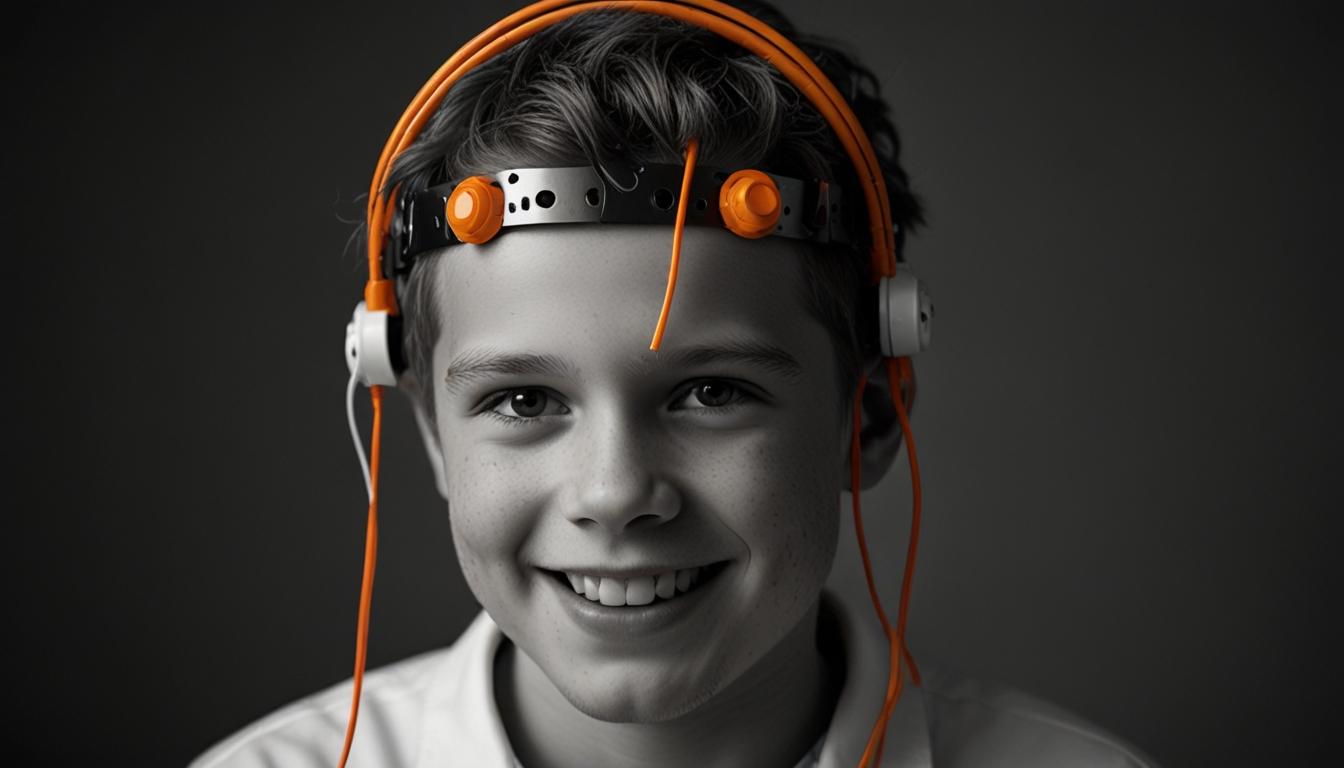Oran Knowlson, a 13-year-old from Somerset, becomes the first epilepsy patient to have seizures controlled by a skull-mounted implant, offering hope for severe cases of paediatric epilepsy.
A 13-year-old from Somerset, Oran Knowlson, has become the first patient with epilepsy to have his seizures controlled by a skull-mounted implant. Oran suffers from Lennox-Gastaut syndrome, a severe and treatment-resistant form of epilepsy, resulting in daily life-threatening seizures since the age of three.
In October 2023, surgeons at Great Ormond Street Hospital (GOSH) in London performed a pioneering operation to implant a Picostim neurotransmitter device, made by UK company Amber Therapeutics, into Oran’s skull. The implant emits constant electrical pulses deep into the brain, reducing his daytime seizures by 80%.
Prior to the operation, Oran’s condition required around-the-clock care due to the risk of Sudden Unexpected Death in Epilepsy (SUDEP). Eight months post-surgery and activation of the device, Oran’s quality of life has improved significantly; he is more engaged and communicative.
The trial forms part of the CADET (Children’s Adaptive Deep Brain Stimulation for Epilepsy Trial) project, involving GOSH, University College London, King’s College Hospital, and the University of Oxford. This project aims to evaluate the safety and effectiveness of deep brain stimulation for severe epilepsy.
Lennox-Gastaut syndrome is a rare condition affecting one or two in every 100 children with epilepsy, typically beginning between ages three and five. It is marked by frequent seizures and learning difficulties, and can result from genetic conditions, brain abnormalities, birth complications, or infections like meningitis.
The implanted device is unique in that it is skull-mounted and rechargeable via wearable headphones, making it less prone to damage as the child grows and negating the need for frequent replacement surgeries. The success of this trial brings new hope to Oran and his family and holds promise for future treatments in paediatric epilepsy. The CADET trial is currently seeking additional participants.













